Farm dogs are an integral part of farm life. They are known for their loyalty, intelligence, and hard work. These dogs are not only great companions but also serve as protectors of the farm and livestock. Choosing the right farm dog is crucial for the success of the farm. Best Farm Dogs: Selecting the most suitable breed for your farm's needs requires careful consideration of factors such as size, temperament, and working abilities.
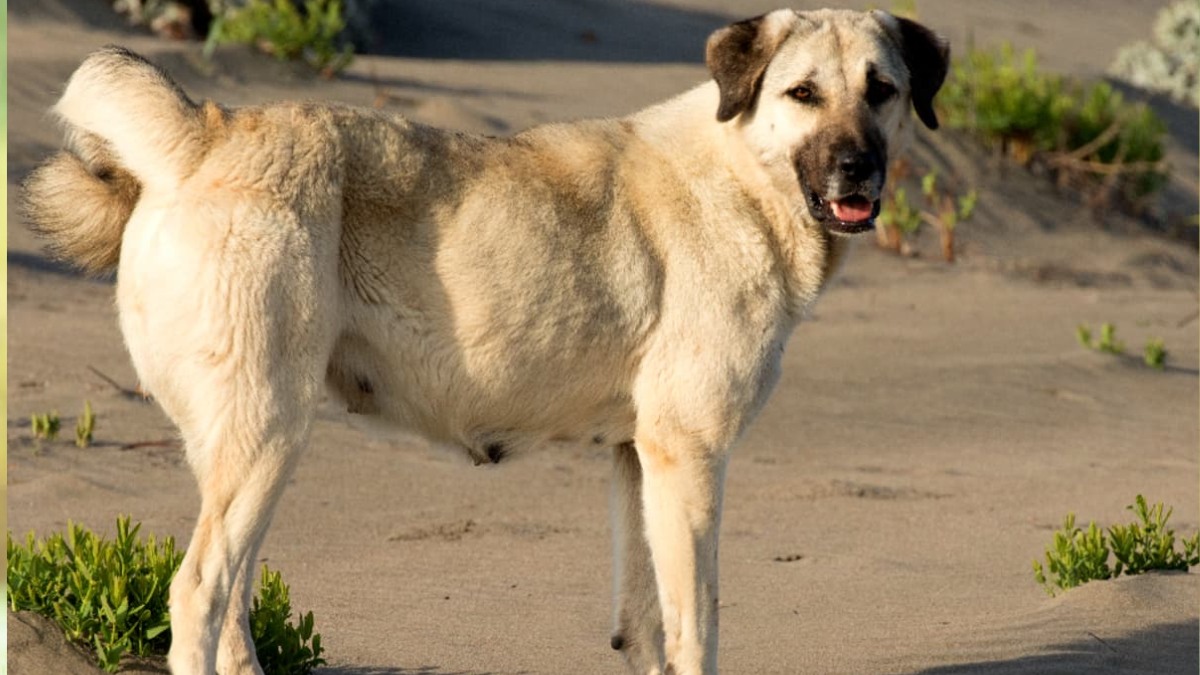
Working dogs are a breed of dogs that are trained to perform specific tasks. They are known for their ability to work tirelessly and efficiently. When it comes to farm life, working dogs are essential. They can help with herding, guarding, and even hunting. The bond between a farmer and their working dog is unique and unbreakable. In this article, we will explore some of the best farm dogs and the characteristics that make them great working dogs.
The Role of Farm Dogs
Farm dogs have been an integral part of agricultural life for centuries. They play a vital role in managing livestock, guarding the farm, and controlling pests. In this section, we will explore the different roles that farm dogs play on a farm.
Herding and Livestock Management
One of the most important roles that farm dogs play is in herding and managing livestock. Herding dogs are trained to work with various types of livestock, including sheep, cattle, and goats. These dogs are highly intelligent and have an instinct to herd animals. They help farmers move their livestock from one pasture to another, round up strays, and assist in the birthing process.
Guarding and Protection
Farm dogs also play a crucial role in guarding and protecting the farm. Guardian dogs are bred specifically for this purpose and are trained to protect the farm from predators such as coyotes, wolves, and bears. They are fiercely loyal and protective of their territory and will defend their farm and livestock at all costs.

Vermin Control and Other Duties
In addition to herding and guarding, farm dogs also perform other duties on the farm. Many farm dogs are skilled at catching vermin such as rats and mice, which can cause damage to crops and spread disease. Some dogs are also used for hunting, tracking, and search and rescue operations.
Overall, farm dogs are an essential part of farm life. They play a vital role in managing livestock, protecting the farm, and controlling pests. From herding livestock to guarding the farm, these dogs are versatile and highly skilled.
Choosing the Right Farm Dog Breed
When it comes to selecting the perfect farm dog, it is important to consider the breed's characteristics and how they will fit into the daily activities of the farm. Here are some factors to consider when selecting a farm dog breed:
Herding Breeds
Herding dogs are a popular choice for farms with livestock. These breeds are intelligent, energetic, and have a strong work ethic. They are excellent at moving and controlling livestock, making them an essential part of any farm. Some popular herding breeds include the Border Collie, Australian Shepherd, and the Corgi.
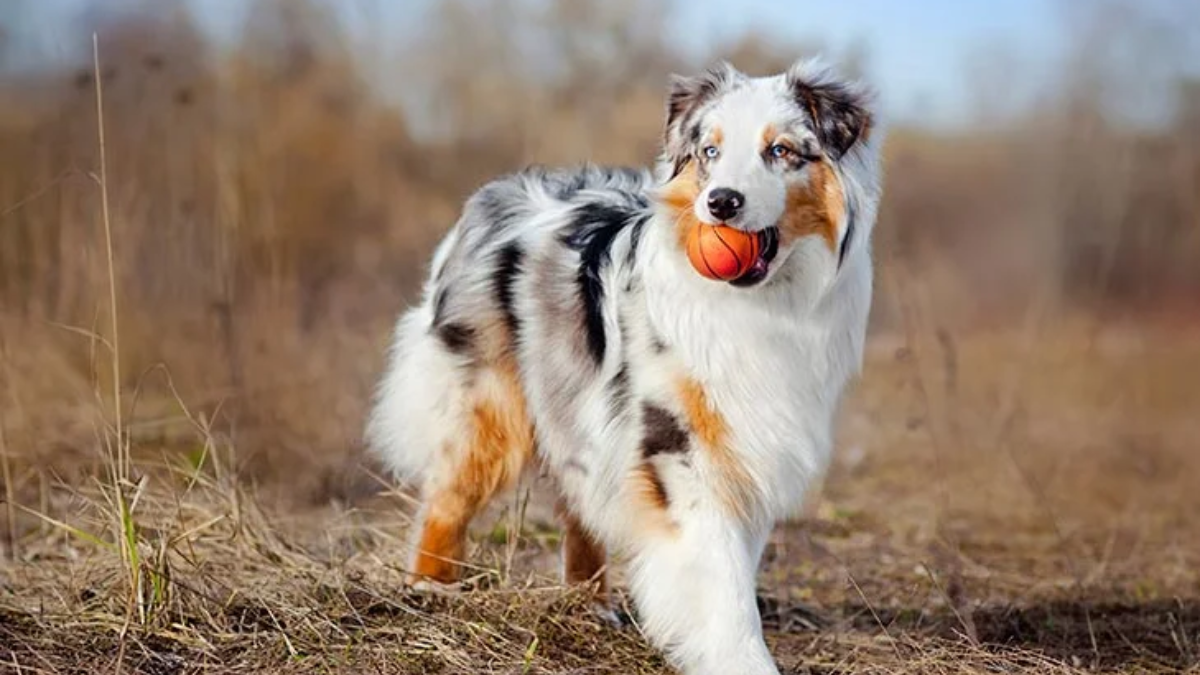
Guardian Breeds
Livestock guardian dogs are known for their loyalty and protective nature. These breeds are typically larger and more muscular than herding breeds, making them better suited for protecting livestock from predators. Some popular guardian breeds include the Great Pyrenees, Anatolian Shepherd, and the Akbash.
Versatile Working Breeds
Versatile working breeds are a great option for farms that require a dog to perform multiple tasks. These breeds are highly intelligent, athletic, and strong. They can be trained to herd livestock, protect the farm, and even hunt. Some popular versatile working breeds include the German Shepherd, Rottweiler, and the Doberman Pinscher.
When selecting a farm dog breed, it is important to consider their temperament, energy level, and intelligence. A dog that is too energetic may become bored and destructive, while a dog that is not energetic enough may not be able to keep up with the demands of the farm. Additionally, a dog with a strong prey drive may not be suitable for farms with smaller animals.
In conclusion, choosing the right farm dog breed is an important decision that should be made with careful consideration. By selecting a breed that fits the needs of the farm, owners can ensure that their dog will be a valuable asset and an essential part of the farm's daily activities.
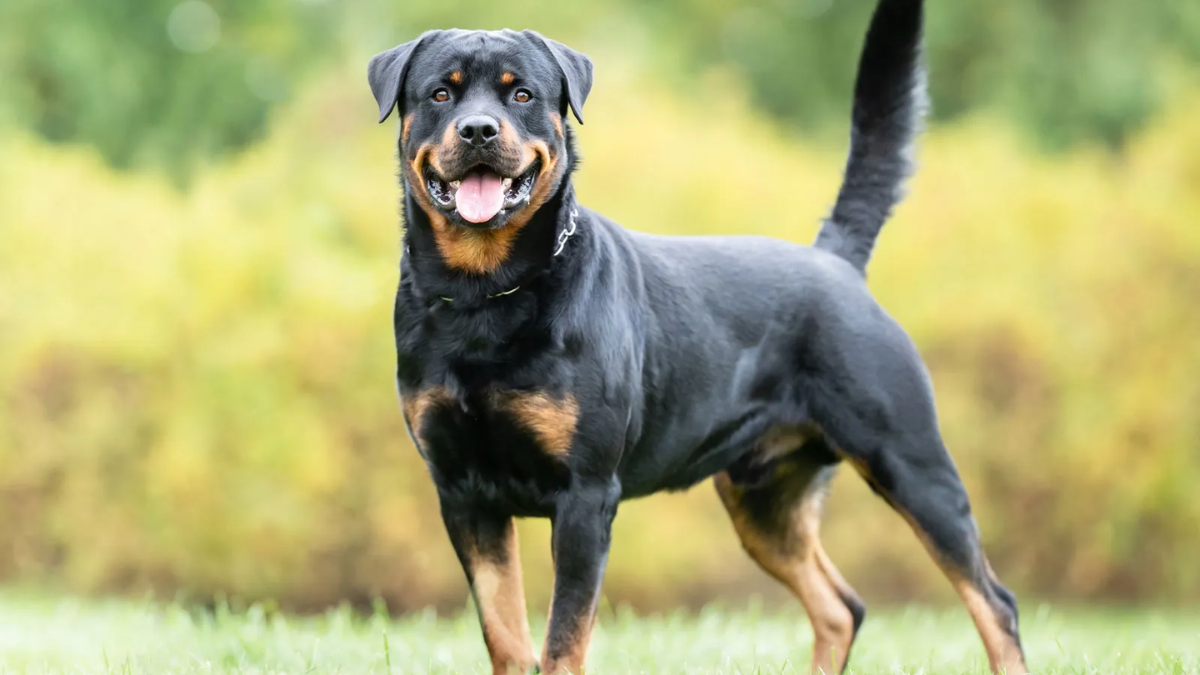
Training and Obedience
Training and obedience are crucial aspects of owning a farm dog. A well-trained dog is not only more obedient but also more intelligent and better able to perform tasks. Here are some tips for training and maintaining obedience in your farm dog.
Basic Commands and Socialization
Basic commands such as sit, stay, come, and heel are essential for any farm dog. A well-trained dog should also be socialized to be comfortable around other animals and people. Socialization can be achieved by exposing the dog to different environments and situations from an early age.
Advanced Training for Specific Tasks
In addition to basic commands, farm dogs may need advanced training for specific tasks such as herding, guarding, or hunting. This type of training should be done by a professional trainer who specializes in the specific task.
Maintaining Work Ethics and Discipline
Farm dogs are expected to work hard and maintain a strong work ethic. This can be achieved by providing regular exercise and mental stimulation, as well as enforcing discipline when necessary. A disciplined dog is more obedient and better able to perform tasks.
Overall, training and obedience are essential for a successful farm dog. By providing basic commands and socialization, advanced training for specific tasks, and maintaining work ethic and discipline, your farm dog will be a valuable asset to your farm.
Health and Care for Farm Dogs
Nutrition and Diet
A balanced diet is essential for the health and well-being of farm dogs. A diet rich in protein, vitamins, and minerals is necessary to keep them healthy and active. It is important to ensure that the food given to farm dogs is of high quality and free from harmful additives. A diet that includes fresh meat, vegetables, and grains is ideal for farm dogs. Owners should also ensure that their dogs have access to plenty of clean water at all times.
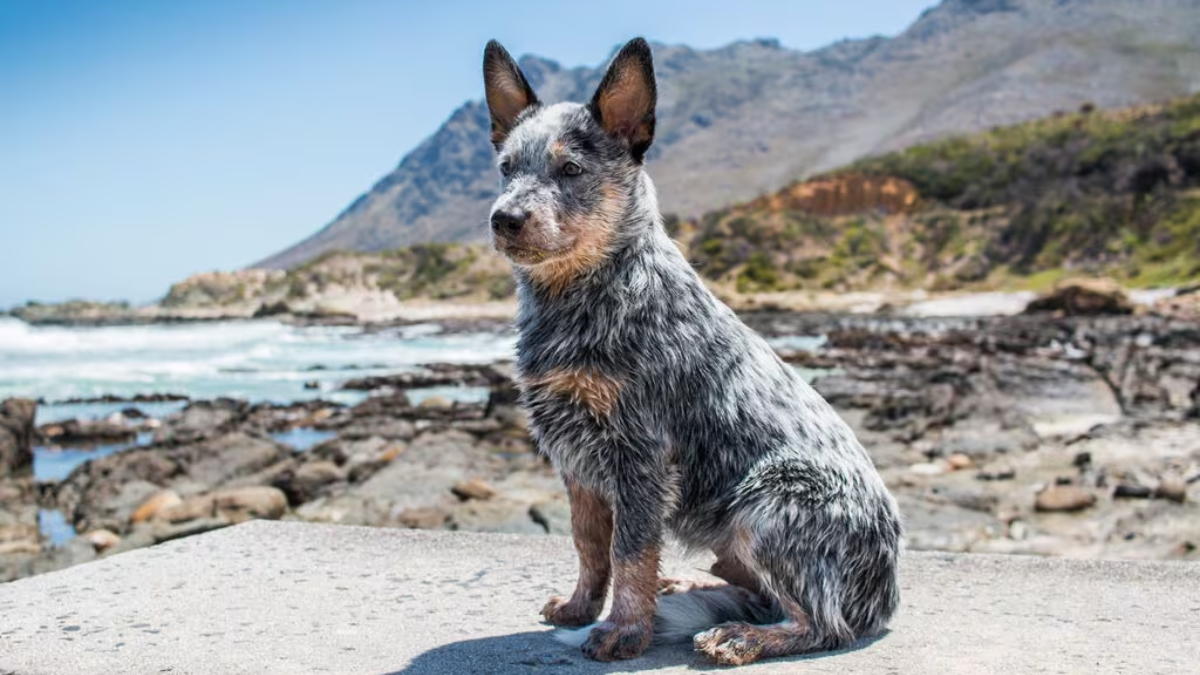
Exercise and Stamina
Farm dogs require regular exercise to maintain their health and stamina. They should be given ample opportunity to run and play in a safe and secure environment. Long walks, runs, and playtime are great ways to keep farm dogs active and healthy. Owners should also provide their dogs with toys and activities that stimulate their minds and keep them engaged.
Veterinary Care and Preventive Measures
Regular veterinary check-ups are important for farm dogs to ensure that they are healthy and free from any infections or diseases. Vaccinations and preventive measures such as flea and tick treatments are essential to keep them healthy and prevent the spread of diseases. Owners should also keep their dogs clean and groomed to prevent the buildup of dirt and bacteria.
In addition to regular veterinary care, owners should also keep an eye out for any signs of illness or injury in their farm dogs. Any changes in behavior, appetite, or energy levels should be immediately reported to a veterinarian. Prompt treatment can help prevent the spread of diseases and ensure that farm dogs remain healthy and active.
Overall, providing proper care and attention to farm dogs is essential for their health and well-being. A balanced diet, regular exercise, and preventive veterinary care can help ensure that these hardworking dogs remain healthy and happy for years to come.
Safety and Management on the Farm
Secure Fencing and Housing
When it comes to farm dogs, security is key. It is important to ensure that the farm dogs are kept within the boundaries of the farm. This can be achieved by erecting secure fencing around the farm perimeter. The fence should be high enough to prevent the dogs from jumping over it and strong enough to withstand the dogs' weight and force.
Moreover, it is crucial to provide the dogs with comfortable and secure housing. The housing should be spacious enough for the dogs to move around and rest comfortably. Additionally, the housing should provide adequate shelter from harsh weather conditions such as extreme heat or cold.
Interaction with Livestock and Other Animals
Farm dogs are often required to interact with livestock and other animals on the farm. It is important to ensure that the dogs are well-trained and supervised during these interactions. The dogs should be trained to be gentle and calm around the animals to prevent any harm or injury.
Moreover, it is important to regularly monitor the dogs' health and ensure that they are up-to-date with their vaccinations. This helps to prevent the spread of diseases between the dogs and the farm animals.
Managing Multiple Working Dogs
In some cases, farms may have multiple working dogs. It is important to manage these dogs effectively to prevent any conflicts or aggression between them. The dogs should be trained to work together as a team and not compete with each other.
Moreover, it is important to provide each dog with adequate attention and care. This includes providing each dog with their own food and water bowls, as well as ensuring that they have enough space to move around and rest comfortably.
Overall, safety and management are crucial when it comes to farm dogs. By providing secure fencing and housing, ensuring appropriate interaction with livestock and other animals, and managing multiple working dogs effectively, farmers can ensure that their dogs are healthy, happy, and productive on the farm.
Top Farm Dog Breeds
When it comes to farm dogs, several breeds stand out for their intelligence, work ethic, and gentle nature. Here are the top farm dog breeds that are popular among farmers:
Border Collie: The Intelligent Herder
The Border Collie is widely regarded as one of the most intelligent dog breeds in the world. They are known for their herding abilities and are often used to manage livestock on farms. These dogs are energetic and require plenty of exercise, making them an ideal choice for farmers who need a dog that can keep up with their active lifestyle.

Australian Cattle Dog: The Heeler
The Australian Cattle Dog, also known as the Blue Heeler, is another popular choice for farm dogs. These dogs were originally bred to herd cattle and have a strong work ethic. They are highly energetic and require plenty of exercise to keep them happy and healthy.
German Shepherd: The Versatile Worker
German Shepherds are known for their versatility and are often used as working dogs on farms. They are intelligent, loyal, and have a strong work ethic. These dogs are often used for herding, guarding, and even hunting.
Great Pyrenees: The Gentle Giant
The Great Pyrenees is a gentle giant that is often used as a livestock guardian dog on farms. They are known for their calm and patient nature and are excellent at protecting their flock from predators. These dogs are also highly intelligent and require plenty of exercise to keep them healthy.
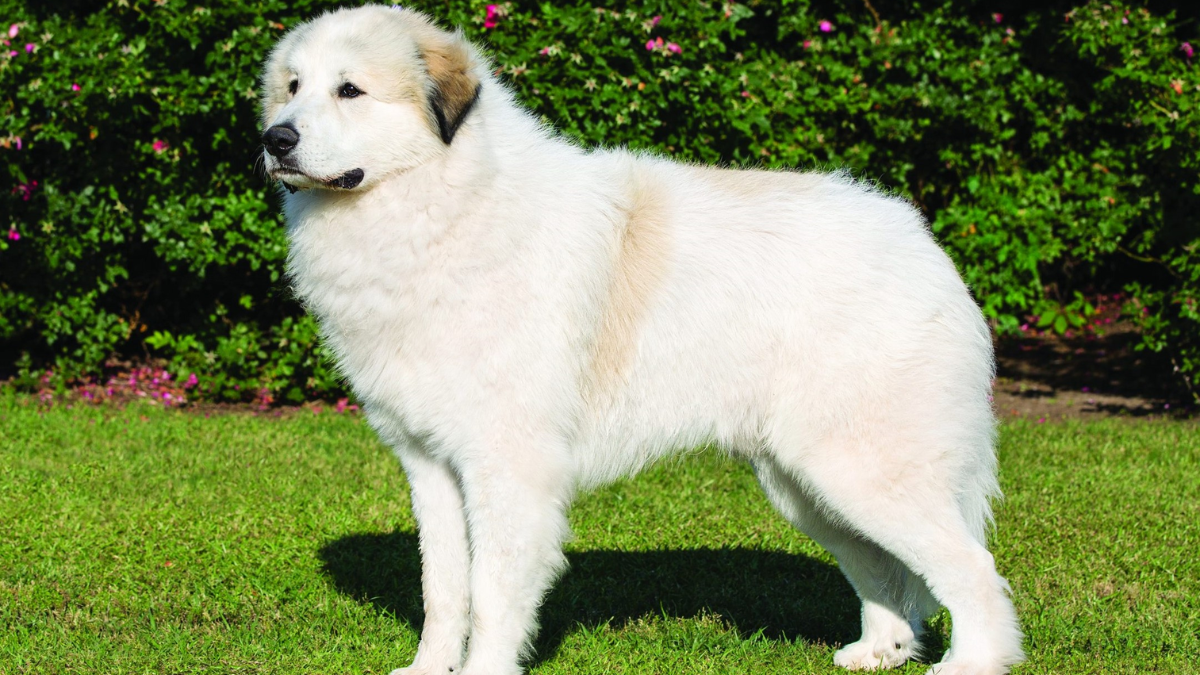
Other Notable Farm Dog Breeds
While the above dog breeds are some of the most popular choices for farm dogs, several other breeds are also well-suited for this lifestyle. These include the Australian Shepherd, the Bearded Collie, and the Bernese Mountain Dog.
In conclusion, when it comes to choosing a farm dog, it's important to consider factors such as intelligence, work ethic, and temperament. The above dog breeds are all excellent choices for farmers who need a loyal and hardworking companion to help them manage their land.
Living with Farm Dogs
Building a Strong Bond and Trust
Living with farm dogs is a unique experience that requires building a strong bond and trust between the dog and its owner. Farm dogs are known for their loyalty and protective nature, but they need to trust their owner to do their job effectively. It is important to establish a bond with your farm dog from an early age by spending quality time together, training, and providing positive reinforcement.
One way to build trust is by regularly engaging in activities that your dog enjoys, such as playing fetch, going for walks, or simply spending time together. This will help your dog associate you with positive experiences and create a stronger bond.

The Importance of Companionship
Farm dogs are not just working animals, they are also companions. They thrive on human interaction and need to be part of a family. Providing companionship to your farm dog is essential to their well-being and happiness.
Owners should make an effort to spend time with their dogs, whether it's going for a walk, playing fetch, or simply sitting and petting them. This will not only provide companionship but also help strengthen the bond between the dog and its owner.
Farm Dogs as Family Members
Farm dogs are more than just working animals, they are also family members. They are affectionate and sensitive creatures that thrive on human interaction and companionship. Owners should treat their farm dogs as part of the family and provide them with the love and attention they need.
Owners should also ensure their dogs have a safe and comfortable living environment, with access to food, water, and shelter. This will not only keep the dog healthy and happy but also ensure they can perform their duties effectively.
In conclusion, living with farm dogs is a unique experience that requires building a strong bond and trust between the dog and its owner. Providing companionship and treating farm dogs as family members is essential to their well-being and happiness.
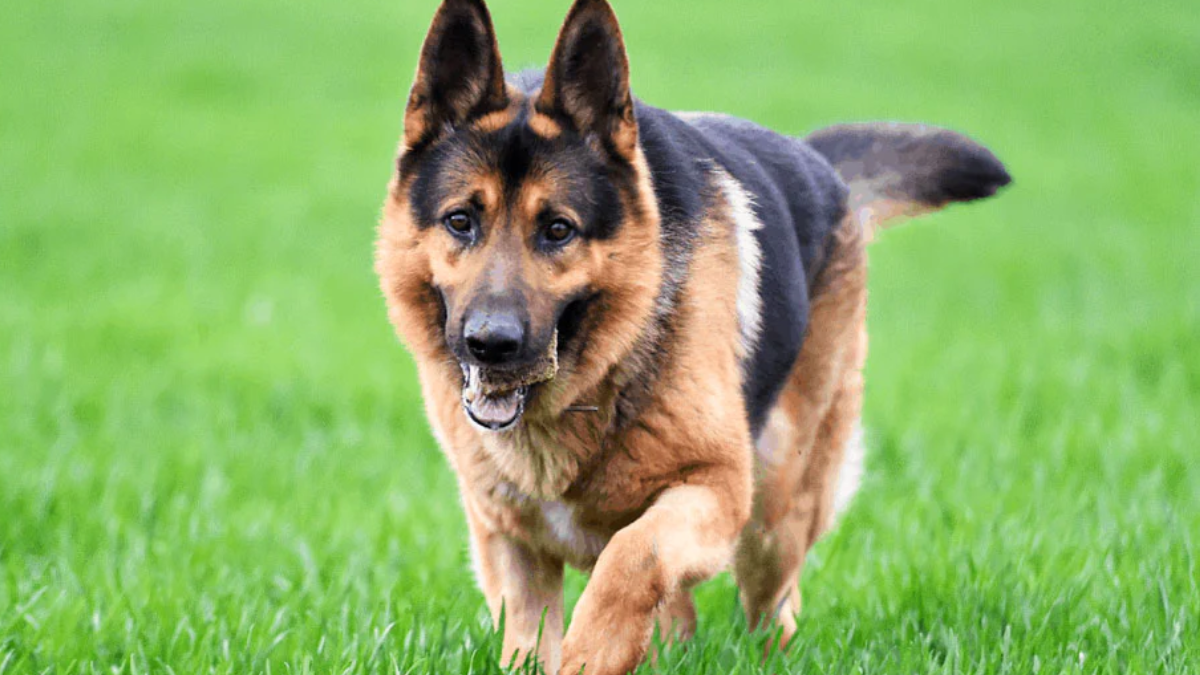
Conclusion:
In conclusion, the selection of the Best Farm Dogs is a critical decision for any agricultural operation. These invaluable companions play multifaceted roles, from herding livestock to guarding property, and their contributions are indispensable to the efficient functioning of a farm.
By carefully considering factors such as breed characteristics, temperament, and training requirements, farmers can identify the ideal canine partners for their specific needs. Whether it's the boundless energy of the Border Collie, the vigilant nature of the Australian Shepherd, or the versatile skills of the Labrador Retriever, each breed brings its own unique strengths to the farm.
Moreover, nurturing a strong bond between farmer and dog through proper training and socialization enhances teamwork and effectiveness in performing farm tasks. Beyond their practical utility, these dogs also provide companionship, loyalty, and emotional support to their human counterparts, fostering a sense of partnership and camaraderie on the farm.
In essence, the best farm dogs are not just working animals; they are integral members of the farm family. Their unwavering dedication, intelligence, and adaptability make them indispensable assets, contributing to the success and sustainability of agricultural endeavors for generations to come.
Frequently Asked Questions (FAQs)
- What breeds are considered the most effective for livestock protection?
- Livestock protection is a crucial aspect of farm life, and certain breeds are better suited for this job than others. Breeds like the Great Pyrenees, Anatolian Shepherd, and Komondor are known for their exceptional guarding abilities. These dogs are loyal and protective of their flock and can deter predators from attacking.
- Which dog breeds are well-suited for both family life and farm work?
- If you're looking for a dog that can do double duty as a family pet and farm worker, consider breeds like the Australian Shepherd, Border Collie, and Labrador Retriever. These breeds are highly trainable and have the energy and intelligence to perform a variety of tasks on the farm while also being great companions for the family.
- What are the top breeds recommended for farms with poultry, such as chickens?
- For farms with poultry, it's important to choose a breed that won't harm the birds. Breeds like the Australian Cattle Dog, Beagle, and English Setter are known for their gentle nature and make great companions for chickens and other birds.
- How do smaller dog breeds perform in a farm setting?
- Smaller dog breeds can also be effective farm dogs, but they may not be able to perform the same tasks as larger breeds. Breeds like the Jack Russell Terrier, Miniature Schnauzer, and Rat Terrier can excel at vermin control and make great companions for farmers who don't require heavy-duty work from their dogs.
- Which breeds of farm dogs have the lowest shedding for allergy sufferers?
- For those with allergies, finding a low-shedding breed is important. Breeds like the Poodle, Portuguese Water Dog, and Bichon Frise are known for their hypoallergenic coats and make great choices for allergy sufferers on the farm.
- What characteristics should one look for in a multi-purpose farm dog?
- A good multi-purpose farm dog should have a strong work ethic, be obedient and trainable, and have a friendly and loyal disposition. They should be able to perform a variety of tasks, from herding livestock to guarding the property, and be able to adapt to different situations on the farm. Good examples of multi-purpose breeds include the Australian Shepherd, Border Collie, and German Shepherd.